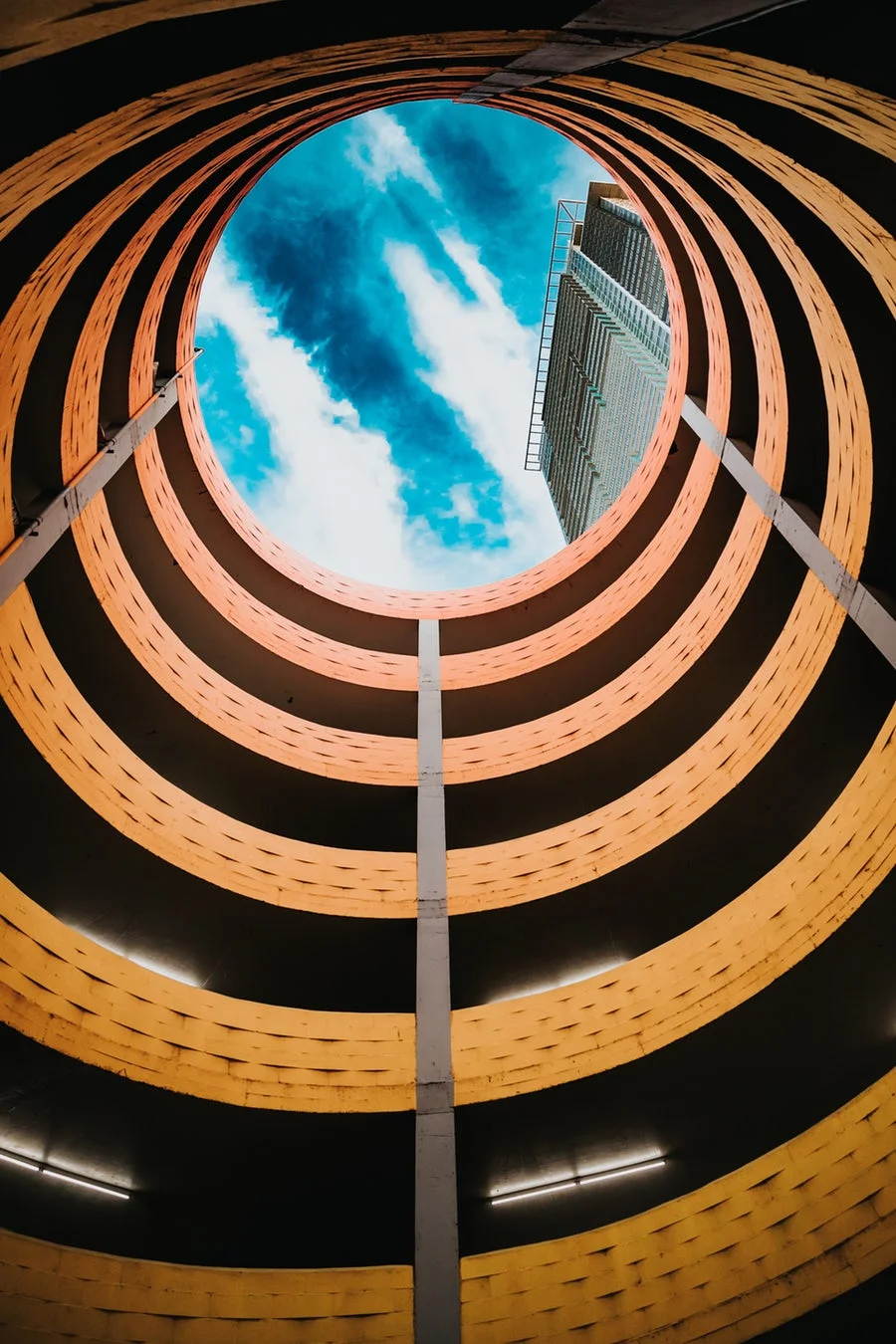
We believe that “clean materials” can be the new clean energy, and that the Pacific Northwest will prosper by accelerating this emerging market.
In the 2000s, clean energy rose to the top of Northwest policymakers’ agenda because it offered tremendous economic and environmental benefits. In response to proactive policies adopted with industry support, private investment poured into projects and companies.
Barrels of ink were spilled leading up to the Paris COP 21 climate conferencde last December, with more barrels since analyzing the results. Many observers are celabratory; others proclaim failure for lack of aggressive enforcement provisions.
A troubling economy found many companies turning to green buildings as a hedge against risk and stiff competition. Ten years earlier, no such market even existed. The story of green building’s sudden rise in the United States, and in a sprawling industry notoriously hard to change, reflects the timely convergence of technology, expertise, and leadership to tackle compelling needs. But two catalysts proved vital….
It’s time to embrace the abundance that can flow from nature's limits -- starting with caps on greenhouse gas emissions and moving toward a carbon-neutral built environment.
Even in tourist destinations that are most likely to be altered -- if not destroyed entirely -- by climate change, there is very little action to bring the change dialogue beyond the "usual suspects" of political and advocacy forums to the venues that touch Americans in their working and leisurely pursuits.
A recent trip to China highlights just how important the country is for both the global economy and the global environment -- and how technologies and policies are equally important to balance the two.
Here are several articles I wrote for Greenbiz.com in 2007. Unfortunately, the messages are still too timely. Delays in taking action on climate change have led to predictable increases in costs, risks and the need for more urgent measures today.
It’s time to embrace the abundance that can flow from nature's limits -- starting with caps on greenhouse gas emissions and moving toward a carbon-neutral built environment.
Even in tourist destinations that are most likely to be altered -- if not destroyed entirely -- by climate change, there is very little action to bring the change dialogue beyond the "usual suspects" of political and advocacy forums to the venues that touch Americans in their working and leisurely pursuits.
A recent trip to China highlights just how important the country is for both the global economy and the global environment -- and how technologies and policies are equally important to balance the two.




